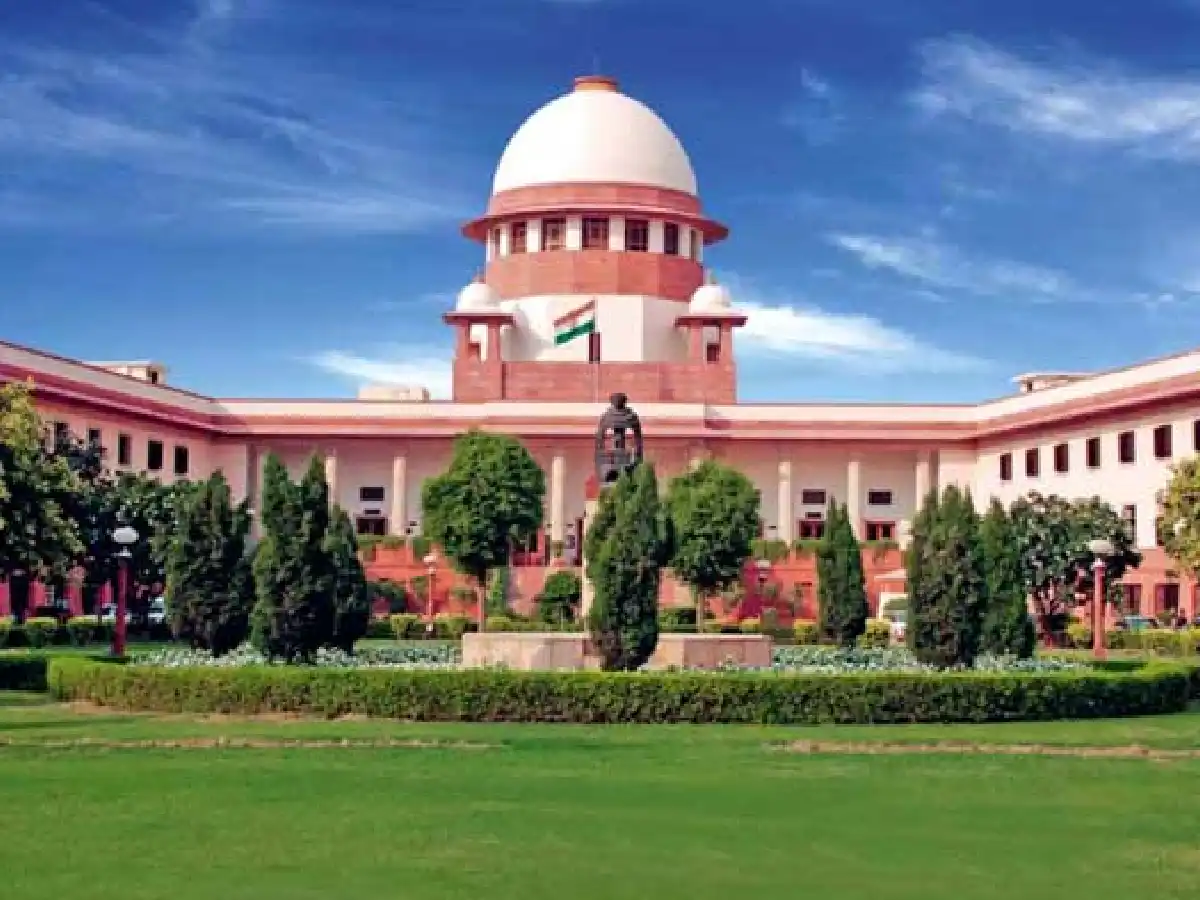On Friday, the Supreme Court considered the case regarding the legitimacy of the 42nd amendment to the Constitution. This hearing was conducted regarding the requests made by senior lawyers Subramanian Swamy, Vishnu Shankar Jain, and others. In the hearing, the court mentioned that a judicial review has already been conducted on this matter. The court has postponed the decision regarding this issue and mentioned that it will announce its decision on November 25.
All three petitioners made their case in court, challenging the legitimacy of making changes during an emergency. The court stated that it cannot be argued that Parliament lacked the authority to make changes during the emergency or that its efforts were meaningless.
In 1976, during the Emergency, the Indira Gandhi administration included the terms socialist, secular, and integrity in the Preamble through the 42nd Amendment. This modification inserted the terms socialist and secular in the Preamble alongside sovereign and democratic republic. The original Constitution did not include these words, leading to occasional calls for their removal.
In the hearing, the court mentioned that the definition of socialism can differ across the globe, but in India it signifies a welfare state. This term does not impede the progress of the private industry in the nation. The court similarly remarked that the definition of secularism in India differs from other nations. Referring to the 1994 SR Bommai case, the court emphasized that it was deemed an integral aspect of the Constitution’s fundamental framework and was further elucidated.
All three petitioners presented their arguments at the hearing. Vishnu Shankar Jain stated that the preamble was amended during the Emergency without considering the public’s view. Additionally, because these terms were included in the Constitution past the deadline of November 26, 1949, they are not considered valid. The court denied his request to refer this matter to a higher bench.
Subramanian Swamy mentioned that the only thing to ponder is whether to treat it as a distinct paragraph, as it cannot be confirmed that these words were officially approved in 1949. He stated that once we agree to it, we can add a separate paragraph underneath the current paragraph.
However, Ashwini Upadhyay stated that he doesn’t oppose the ideas of socialism and secularism, but he is against their inclusion in the preamble. He stated that as the state did not approve this amendment, it should be taken out of the preamble.
Following the hearing, the court stated that Parliament has been granted the authority to modify the Constitution, including the preamble, under Article 368 of the Constitution. The court emphasized that the preamble is a crucial component of the Constitution and is subject to amendment.
The court also stated that it was not possible to argue that the Lok Sabha lacked the authority to enact amendments in 1976.

